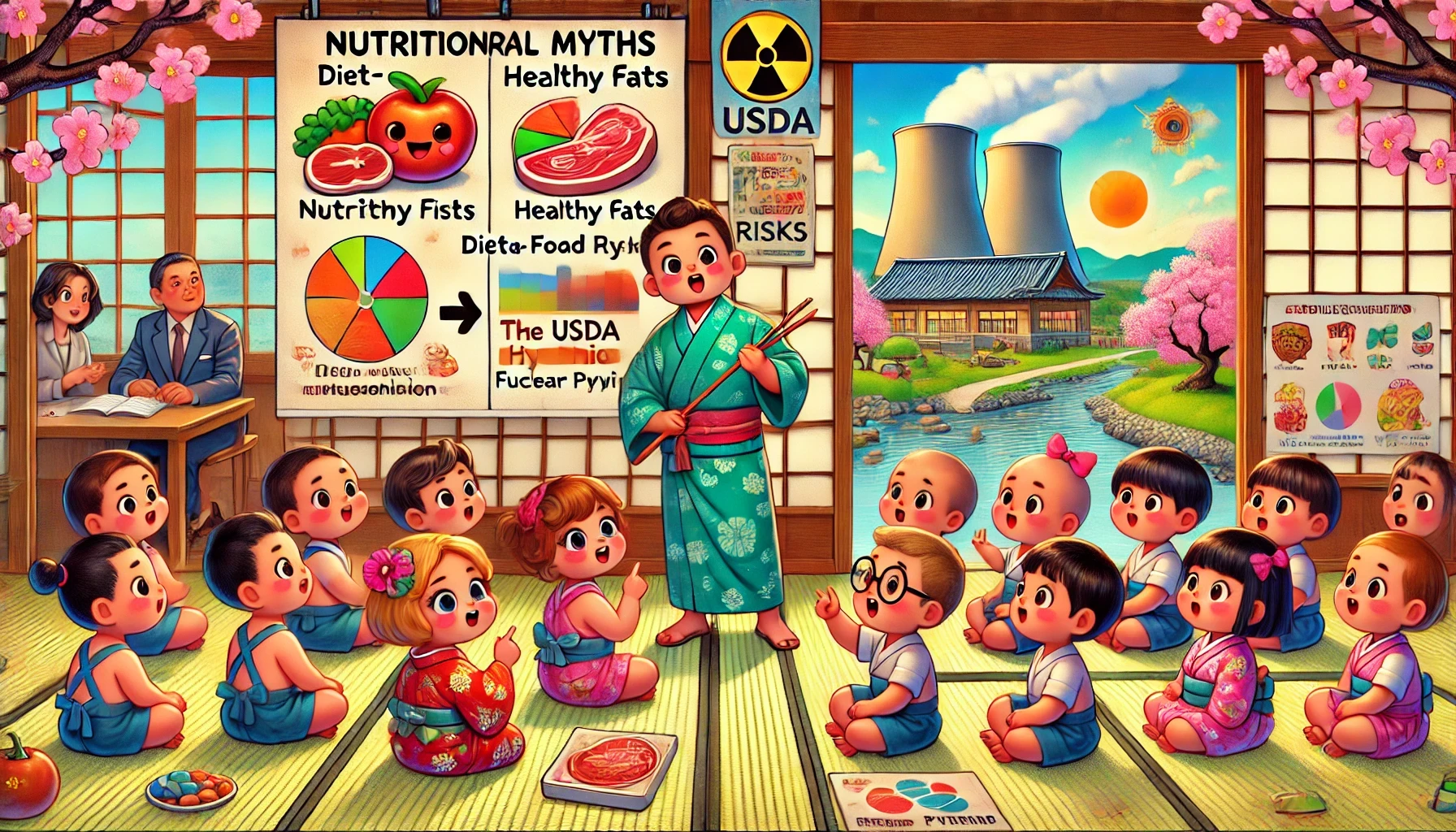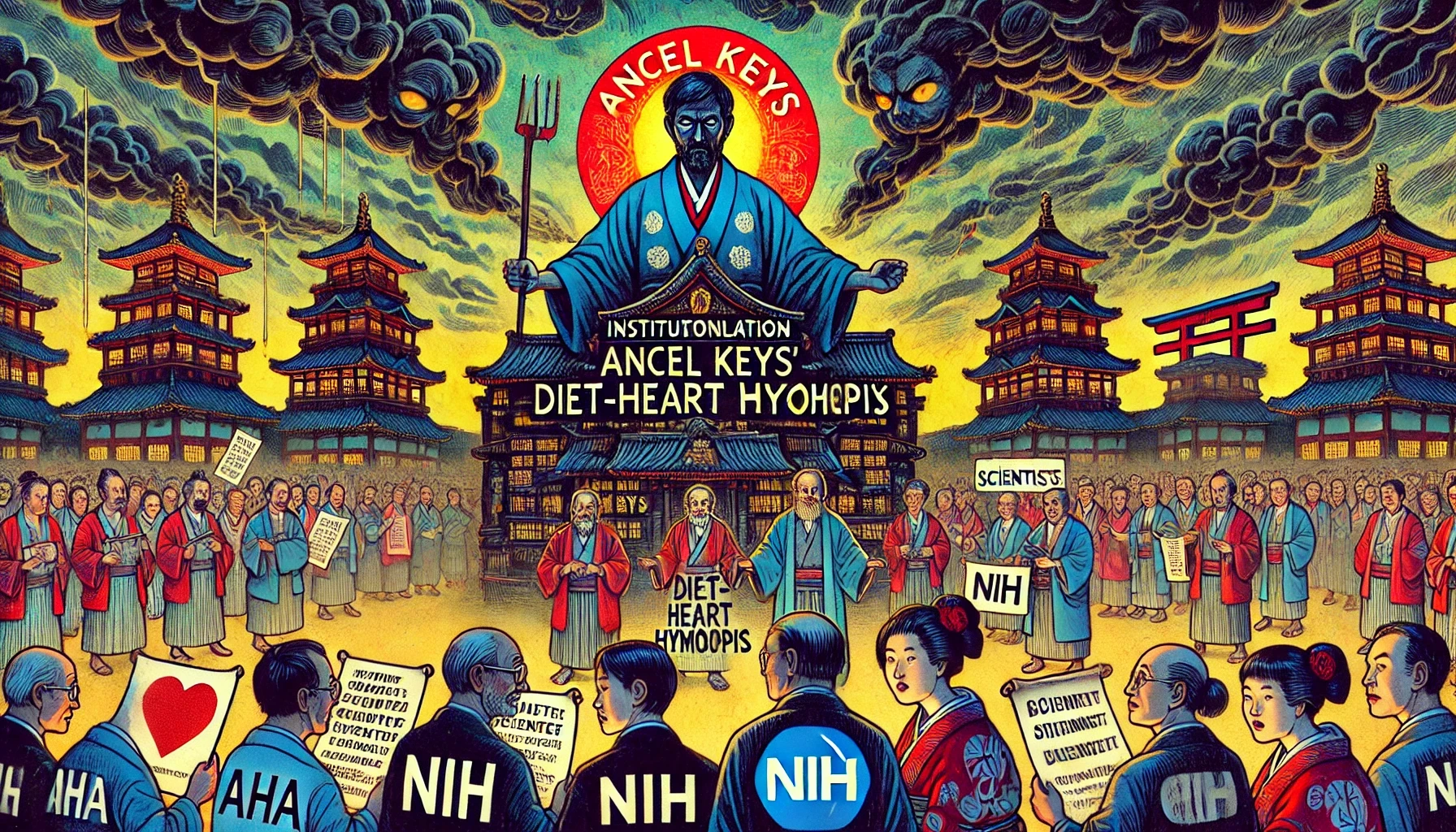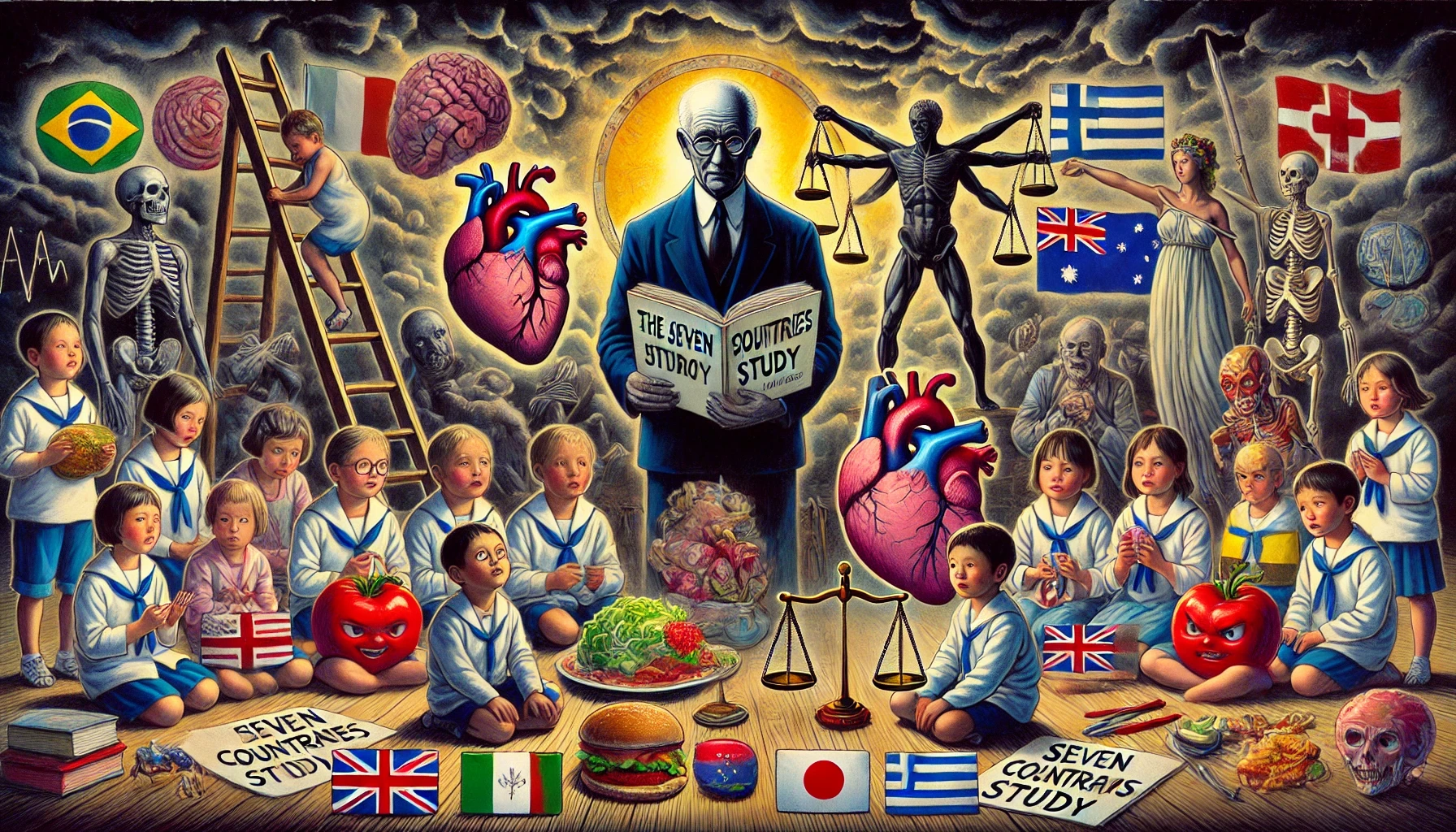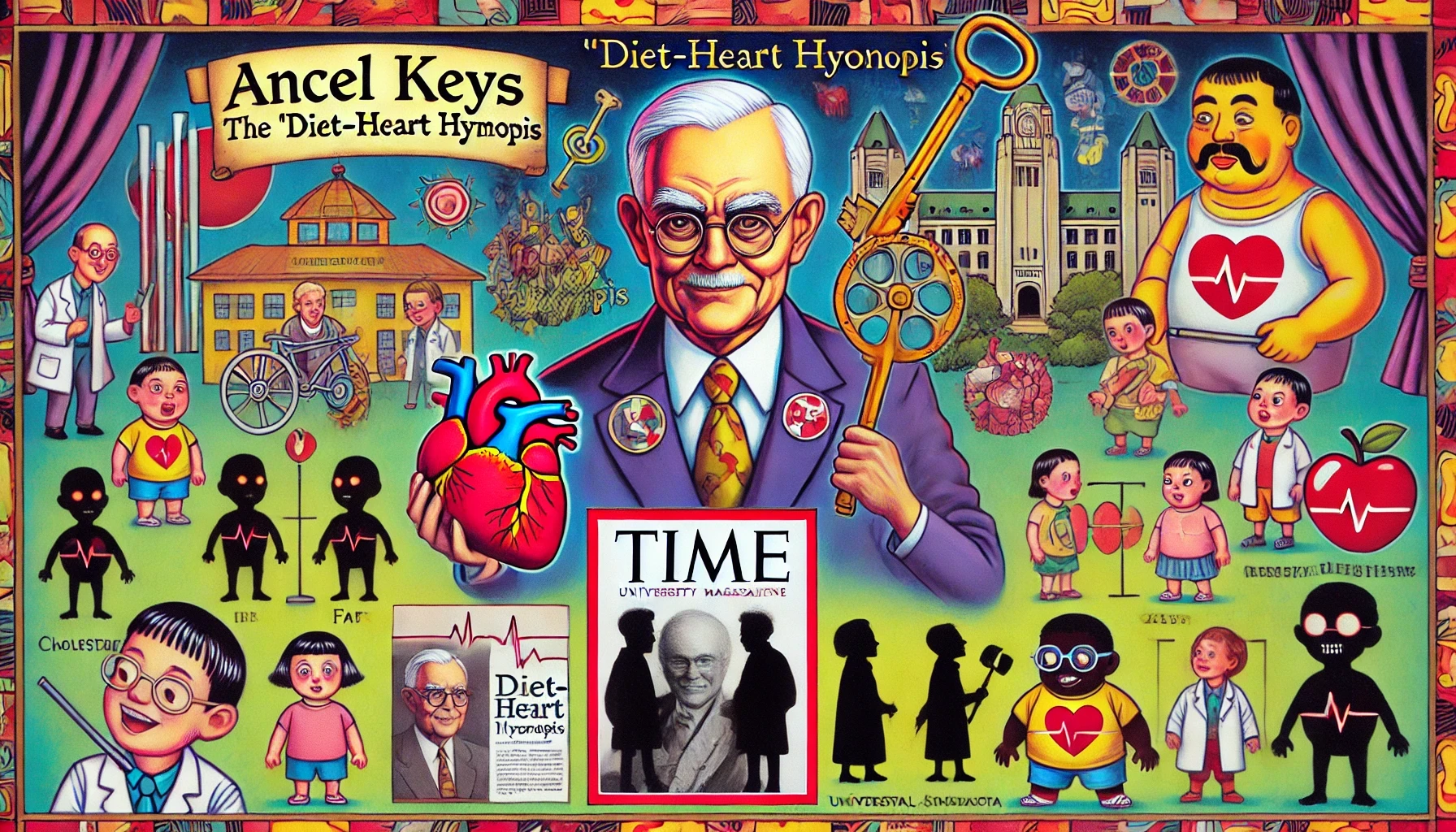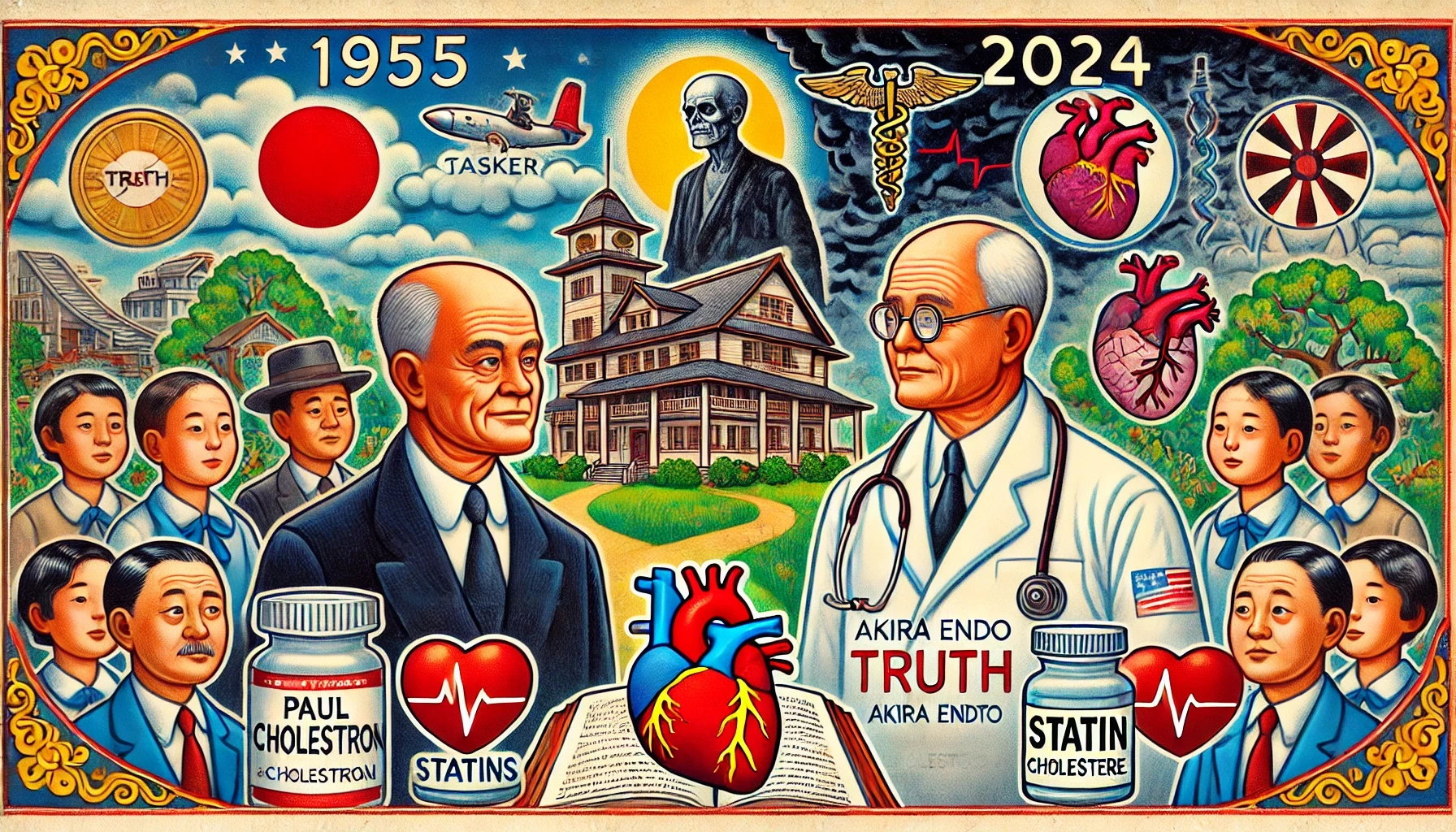ZENPTY.
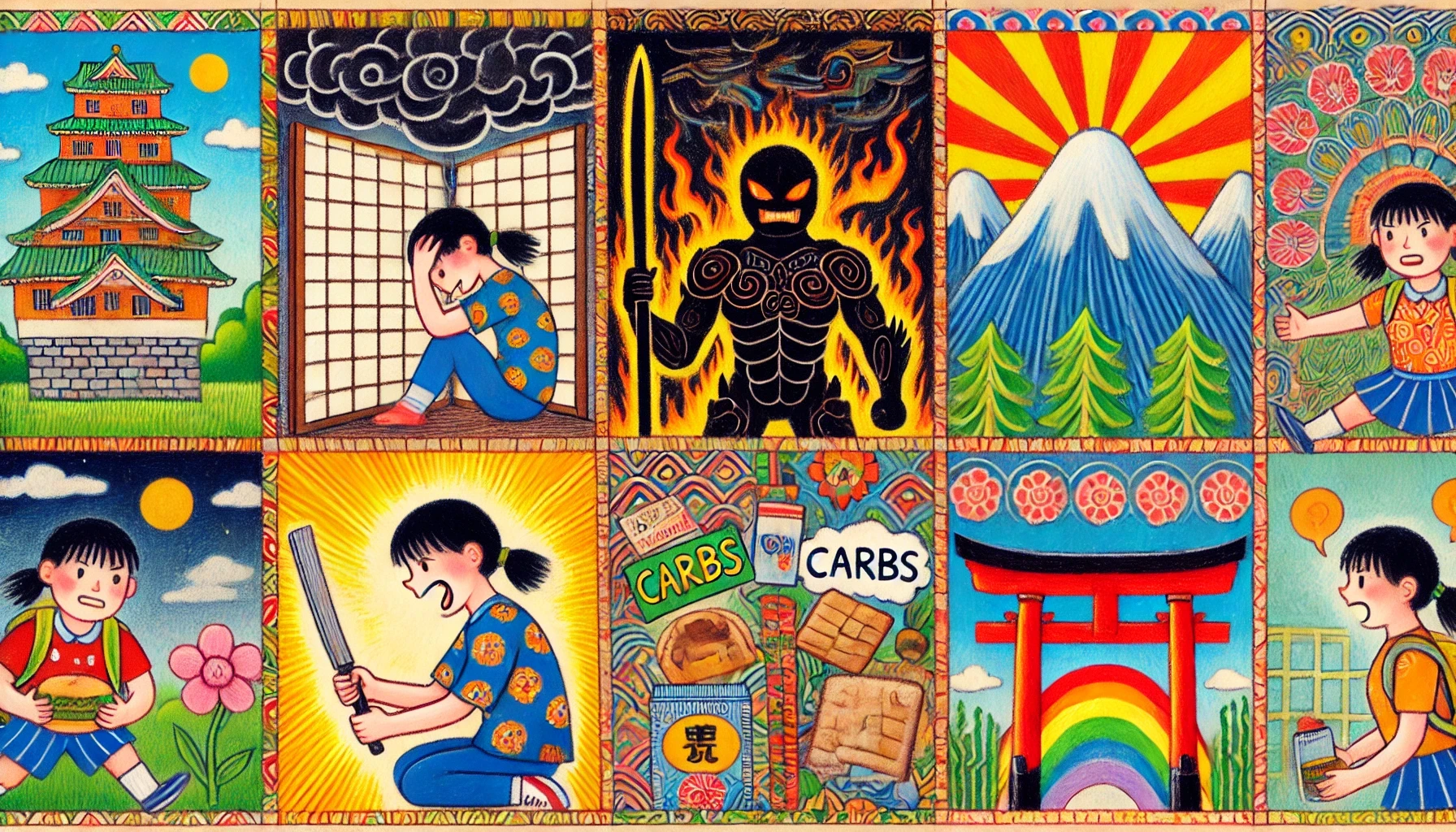
Breaking Free from Carb Addiction: Insights from Dr. Robert Cywes
Jul 29, 2024
I've been diving deep into Dr. Robert Cywes' videos lately. For those who haven't encountered his work, he's known as the Carb Addiction Doctor, a name that perfectly encapsulates his unique approach to the ketogenic diet for treating patients.
Dr. Cywes' results are impressive, setting him apart from the typical online chatter. What struck a chord with me was his discussion about the cycle of intention and action in building self-esteem and breaking the negative loop of carb addiction.
As the ketogenic diet gains mainstream acceptance, more practitioners are adopting ketogenic treatments. However, Dr. Cywes stands out by addressing metabolic disease through the lens of addiction. While functional medicine is widely practiced, viewing our relationship with carbs as an addiction was a novel concept for me. Initially, the idea of seeing myself as an addict was unsettling, but as I watched more of his videos, I began to accept the possibility.
Dr. Cywes explains that while humans once ate for nutrition, we now eat for emotional management, leading to trouble. We snack when stressed by our boss, our kids, or when we need comfort after a long day. These snacks, non-essential for survival, impact our mind and body without us realizing it.
Our self-awareness, especially regarding food, is often lacking. Habits become so ingrained that they operate subconsciously. Dr. Cywes shared a story from a business trip where an obese man consumed eight packages of cookies during a four-hour flight, yet believed he only had one. This wasn't a lie but a testament to how oblivious we can be to our habits.
According to Dr. Cywes, our addiction to carbohydrates stems from a lack of healthy stress management systems. Modern life pushes us to be productive from a young age, causing stress. This stress, coupled with a lack of effective coping mechanisms, creates a perfect environment for addiction. Advertising exploits this by associating products with happiness and social belonging, trapping us in a cycle of consumption.
Breaking this cycle isn't easy, but it's possible through an effort-based stress management system. This includes physical, creative, and spiritual activities—anything that requires a bit of effort, like walking, talking with a friend, or drawing. These activities, like snacking, can trigger dopamine and relieve stress, but in a healthy way.
This is the cycle of intention and action Dr. Cywes talks about. An intention arises within us, and with effort, we take it to action. Regardless of the outcome, following through with our intention provides a sense of satisfaction and builds self-esteem. This simple yet profound concept took me over a week to fully grasp.
I've realized why I often felt unwell at school or work—there was no intention of my own. No matter how hard I worked, I felt like I was banging my head against a wall, acting on someone else's intentions. This led to frustration and a reliance on carbs to soothe an unseen pain. Dr. Cywes acknowledges that relapses happen, but with this newfound insight into my carb addiction, I feel better equipped to handle my vulnerabilities and live a healthier, more intentional life.
A Carnivore Journey: How Letting Go of Carbs Opened New Doors
Nutritional Myths and Nuclear Risks: The Parallel Stories of Regulatory Capture
Silencing Dissent: How Ancel Keys' Hypothesis Dominated Nutrition Science
Ancel Keys and the Diet-Heart Hypothesis: A Deep Dive into Flawed Science
Unmasking the Villain: Ancel Keys and the War on Saturated Fat
From Eisenhower to Endo: The Evolution of Heart Health Myths


